
Oracle E-Business Suite
Vendor: Oracle
Release Date: 2000
251-10,000+ Employees
$50-1B+ Revenue
❌ Cloud
✅ On-Premise
14,000
WHAT IS ORACLE E-BUSINESS SUITE ERP?
Oracle E-Business Suite is one of the top rated ERP platform. Oracle EBS is a collection of Enterprise Resource Planning (ERP) modules including Supply-Chain Management (SCM), Customer Relationship Management (CRM), Human Capital Management (HCM).
Oracle E-Business Suite is a comprehensive and unified platform that supports modern business strategies with its modular support. By providing the ability to orchestrate processes and work with various channels, Oracle EBS makes it easy to deliver the right information to the right people at the right time.
Oracle EBS is built on top of Oracle's database and application server technology and runs on a variety of platforms, including Windows, Linux, and Unix.
-
MODULES & FEATURES
-
PROS & CONS
-
INDUSTRY FIT
-
HISTORY
-
DEPLOYMENT
-
FAQ
Modules & Feature List
Asset Lifecycle Management
- Oracle Assets
- Oracle Enterprise Asset Management
- Oracle Complex Maintenance Repair and Overhaul
Financials
- Oracle Treasury
- Oracle Loans
- Oracle General Ledger
- Oracle Payables
- Oracle Payments
- Oracle Receivables
- Oracle Procure-to-Pay
- Oracle Credit-to-Cash
- Oracle Cash Management
- Oracle Advanced Collections
- Oracle iReceivables
- Oracle Property Manager
- Oracle Credit Management
- Oracle Financials Centralized Solution Set
- Oracle Travel and Expense Management
- Oracle Financials Accounting Hub
- Oracle Lease and Finance Management
- Oracle Accounts Receivable Deduction Settlement
- Oracle Cash and Treasury Management
Logistics
- Oracle Inventory
- Oracle Landed Cost Management
- Oracle Mobile Supply Chain Applications
- Oracle Warehouse Management
- Oracle Yard Management
Human Capital Management
- Oracle Talent Management
- Oracle Workforce Management
- Oracle Workforce Service Delivery
- Oracle Human Capital Management (HCM)
- E-Business Suite Global Core Human Capital Management
Order Management
- Oracle Quoting
- Oracle Sales
- Oracle TeleSales
- Order Management
- Oracle Advanced Pricing
- Oracle Configurator
- Oracle iStore (PDF)
- Oracle Marketing
- Oracle Trade Management
- Oracle Partner Management
- Oracle Proposals
- Oracle Sales Contracts
- Oracle Incentive Compensation
- Oracle Sales For Handhelds
- Oracle Incentive Compensation
- Order Orchestration and Fulfillment
- Oracle Accounts Receivable Deductions Settlement
- Oracle E-Business Suite Customer Relationship Management
- Oracle Channel Rebates and Point of Sale Management
- Oracle Channel Revenue Management
Projects
- Oracle Project Billing
- Oracle Project Contracts
- Oracle Project Costing
- Oracle Project Planning and Control
- Oracle Project Portfolio Analysis
- Oracle Project Resource Management
Procurement
- Oracle iProcurement
- Oracle iSupplier Portal
- Oracle Procurement Contracts
- Oracle Purchasing
- Oracle Service Contracts
- Oracle Services Procurement
- Oracle Sourcing
- Oracle Spend Classification
- Oracle Supplier Lifecycle Management
- Oracle Supplier Network
- Oracle Contract Lifecycle Management for Public Sector
Manufacturing
- Oracle Quality
- Oracle E-Records
- Oracle Flow Manufacturing
- Oracle Work in Process
- Oracle Configure to Order
- Oracle Project Manufacturing
- Oracle Shop Floor Management
- Oracle Outsourced Manufacturing
- Oracle Master Production Scheduling
- Oracle Mobile Supply Chain Applications
- Oracle Process Manufacturing Process Planning
- Oracle Process Manufacturing Product Development
- Oracle Process Manufacturing Process Execution
- Oracle Process Manufacturing Quality Management
- Oracle Process Manufacturing Regulatory Management
- Oracle Discrete Cost Management Information Discovery
- Oracle E-Business Suite In-Memory Cost Management for Discrete Industries
- Oracle E-Business Suite In-Memory Cost Management for Process Industries
- Oracle Manufacturing Execution System for Discrete Manufacturing
- Oracle Manufacturing Execution System (MES) for Process Manufacturing
- Oracle Cost Management for Discrete Manufacturing and Inventory Logistics
Pros & Cons
Pros
Being one of the leading E-Business Suit, it offers a number of features and benefits, including:
- Oracle EBS offers a high degree of financial visibility.
- Oracle EBS is backed by a large and experienced vendor, which provides support and security.
- Oracle EBS is highly customizable, so it can be tailored to fit the specific needs of an organization.
- Oracle EBS offers a wide range of integration options, so it can be seamlessly integrated with other systems.
- On-premises deployment offers the advantage of full control over the hardware and software environment, but it requires a larger upfront investment.
- Cloud deployment is more flexible and can be scaled up or down as needed, but it may require a higher monthly subscription fee.
- Less IT overheads with a secure Cloud-based solution which always up-to-date.
- Oracle EBS can help organizations improve efficiency and reduce costs by consolidating multiple business processes into a single system.
- Streamlines financial operations and improves efficiency.
- Enhances visibility into your business and provides actionable insights.
- Oracle EBS offers a wide range of reports and analytics tools, so you can get insight into your business operations.
- The modular approach offers a pay-as-you-go pricing model, so you can start small and scale up as your business grows.
Cons
- Like other ERP solutions, the Implementation process might take time depending on the size of your organization.
- Oracle EBS is not a cost-effective solution. Oracle EBS can be complex to implement and maintain, and it can be expensive.
- Customization of Oracle EBS may require the help of an Oracle support/consultant.
- Oracle EBS can be complex and difficult to use, so it may require training for new users so you might need to have a team of experienced IT professionals on hand to help you.
- Oracle EBS may not be the best fit for everyone.
Industries
As a Leader of the market, Oracle Solution are everywhere, covering yet not limited to following industries:
- Automotives
- Communication
- Construction and Engineering
- Consumer Goods
- Energy and Water
- Financial Services
- Food and Beverages
- Government and Education
- Health
- High Technology
- Hospitality
- Industrial Manufacturing
- Life Sciences
- Media and Entertainment
- Oil and Gas
- Professional Services
- Public Safety
- Retails
- Travel and Transportation
- Wholesale Distribution
Oracle E-Business Suit’s serves almost 33% of its customers in the USA, followed by the UK with 12.7%. Some of the major enterprises that are using Oracle EBS are 3D Systems Corporation, Western Union, Cox Communications, Unifi, Broadridge and Amazon.
HISTORY
Oracle Corporation was founded in 1977 with its headquarters in Redwood, California, USA, by Ed Oates, Larry Ellison and Bob Miner under the name of “Software Development Laboratories (SDL), which became Rational software Inc. (RSI). Later in 1983, RSI was changed to Oracle Systems Corporation and then “Oracle Corporation”.
Oracle E-Business Suite (EBS) was developed over two decades ago, incorporating high-level Oracle technologies and industry standards. The various elements in the Oracle technology stack include Apache Web Server, Oracle Reports Server, Oracle Forms System, Oracle Discoverer, Sun’s Java, and Jinitiator. Other industry standards include Java, RDBMS, HTML, NET, PL/SQL, and XML.
Oracle E-Business Suite is a collection of business applications to help your business manage its operations. Oracle E-Business Suite also includes tools for organizing and managing your business resources, measuring and managing performance, and automating business processes. Whether you're a small business owner just starting up, or an enterprise with thousands of employees, Oracle E-Business Suite can help you make better decisions and manage your business better.
On April 2022, Oracle announced the availability of the latest version of Oracle E-Business Suite, EBS 12.2, with Oracle database (ORDMS) ver. 19.5.
In 2021, Oracle’s revenue reached $40 billion—an all-time high in its history.
2021 statistics show Oracle is the second-largest software and programming company, with $39.7 billion in revenue.
Deployment
Oracle E-Business Suite can be deployed on-premises or in the cloud. Oracle Cloud Infrastructure (OCI) offers many benefits, including the ability to scale up or down according to business needs, reduced licensing costs, and the ability to avoid the cost and complexity of managing an on-premises solution.
Oracle EBS offers best-in-class services across various platforms like AWS, Microsoft Azure, software as a service (SaaS), platform as a service (PaaS), and infrastructure as a service (IaaS).
Frequently Asked Questions (FAQ)
Q: What is Oracle E-Business Suite?
Oracle E-Business Suite (Oracle EBS) is an integrated software suite that offers a comprehensive set of business applications, services, and tools to help organizations streamline their business processes, improve customer relations, and make better decisions. Organizations can choose from a wide range of applications that are bundled with Oracle EBS, including
- Enterprise Resource Planning (ERP)
- Supply-Chain Management (SCM)
- Customer Relationship Management (CRM)
- Human Capital Management (HCM)
Oracle EBS includes the Oracle Applications Server, Database, Integration, Logistics, Commerce, and E-Business Suite Management tools with advanced Reporting and Analytics.
Is Oracle EBS a database?
No, Oracle EBS is built on top of Oracle's database technology called relational database management system (RDBMS).
What is the difference between Oracle E-Business Suite and Fusion?
Oracle E-Business Suite is a comprehensive suite of business applications having both options of on-premise or cloud-based, while Oracle Fusion is a more modern, cloud-based application suite. Both suites include support for financials, human resources, supply chain, and customer relationship management. However, Fusion includes many additional features and capabilities that are not available in Oracle EBS.
Is Oracle EBS a SaaS or PAAS?
Oracle EBS is available as both a Software as a Service (SaaS) and a Platform as a Service (PaaS).
What is Oracle EBS version?
Oracle E-Business Suite is currently on version R12.2.11
Is Oracle EBS R12 cloud-based?
Oracle EBS 12.2 is cloud-ready and can be deployed on-premises, in the cloud, or in a hybrid environment.
What are the 3 tier layers in Oracle EBS?
3 Layers of Oracle E-Business Suite is a comprehensive suite of integrated applications that support all core business processes. It is built on a 3-tier architecture that offers flexibility and scalability to support the changing needs of your business.
The three layers of Oracle EBS are:
The Application Object Library (AOL): This is a core layer that provides the foundation for all Oracle EBS applications. It includes a set of reusable components and services that can be used by all applications.
The Business Object Layer (BOL): This layer provides the business logic for each Oracle EBS application. It is made up of a set of Business Objects that represent the entities in your business, such as customers, orders, and invoices.
The Presentation Layer (POL): This layer is responsible for generating the user interface for each Oracle EBS application. It uses a variety of technologies, such as Oracle Forms, to display information to users in a consistent and easy-to-use format.
What are the components of Oracle EBS?
Ans: Oracle EBS also includes a number of other software components, such as the Oracle Application Server, Oracle WebLogic Server, and Oracle Portal. Oracle EBS is available in both on-premise and cloud-based versions.
What ERP system does Oracle use?
Oracle E-Business Suite (Oracle EBS) is an enterprise resource planning (ERP) system that is used by businesses of all sizes. It offers a complete set of applications that support all core business processes, from financials and human resources to manufacturing and supply chain management.
What is the difference between Oracle ERP and SAP ERP?
Ans: SAP vs Oracle The debate between SAP and Oracle has been going on for years. Each company has its own strengths and weaknesses. However, Oracle is generally considered to be more comprehensive and user-friendly than SAP.
How do I find my EBS version?
To find your Oracle E-Business Suite (Oracle EBS) version, log into your Oracle EBS instance and navigate to the "About Oracle E-Business Suite" page.
Is Oracle E Business Suite on Prem?
Yes, Oracle EBS is available both, on-premise version is installed and operated on the customer's own premises, while the cloud-based version is hosted on Oracle's servers and can be accessed via the internet.
How many customers does Oracle EBS have?
Ans: As of April 2022, Oracle EBS has 430,000 customers in 175 countries
How many modules are there in Oracle E-Business Suite?
Ans: Oracle E-Business Suite is made up of a number of modules, each of which covers a different area of business operations. The most common modules are:
Oracle Financials: This module supports financial management processes, such as accounting, budgeting, and cash management.
Oracle Human Resources: This module supports human resources management processes, such as payroll, benefits, and workforce management.
Oracle Customer Relationship Management (CRM): This module supports customer relationship management processes, such as sales, marketing, and customer service.
Oracle Supply Chain Management (SCM): This module supports supply chain management processes, such as order management, inventory management, and supply chain planning. Oracle Projects: This component supports project management processes, such as project planning, resource management, and project accounting.
Oracle Manufacturing: This module supports manufacturing processes, such as product definition, Bills of Materials, and quality management.
Oracle E-Business Tax: This module supports tax management processes, such as tax calculation, compliance, and reporting.
What is Oracle E-Business Suite EBS cloud manager?
Ans: Cloud Manager is a tool that helps you manage your Oracle E-Business Suite (Oracle EBS) instance in the cloud. It provides a graphical user interface (GUI) that makes it easy to perform common tasks, such as provisioning new users, monitoring resource usage, and backing up data.
EBS Cloud Manager provides a central location for managing all aspects of an Oracle EBS deployment, including provisioning, deployments, monitoring, and patching.
What is the difference between Oracle Database and Oracle Cloud?
Ans: The difference between Oracle Database and Oracle Cloud is that Oracle Database is a relational database management system (RDBMS) that is used to store and manage data, while Oracle Cloud is a cloud-based application platform that provides a complete set of infrastructure and application services.
What is technology stack in EBS?
Ans: Technology stack refers to the various software components that together make up a complete technology solution. In the context of enterprise resource planning (ERP) software, the technology stack typically includes the database, application server, operating system, web server and middleware. The selection of an appropriate technology stack is a critical decision for any organization considering implementing an ERP system. The choice of technologies will have a direct impact on the system's performance, scalability, flexibility, manageability and total cost of ownership.
Which is better SAP or Oracle?
There are two major ERP software vendors, SAP and Oracle. Both offer complete ERP systems, as well as individual software components that can be used to build a custom ERP solution. SAP is the market leader in ERP software, with a market share of over 30%. Oracle is a close second, with 20% of market shares. Other ERP vendors include Microsoft, Infor and Epicor. The selection of an ERP system is a complex decision that must take into account the specific needs of the organization. There is no "one size fits all" solution, and the best ERP system for one organization may not be the best for another.
Who is SAP's biggest competitor?
SAP's biggest competitor is Oracle. Oracle offers a similar product to SAP, called Oracle E-Business Suite (Oracle EBS). EBS is a comprehensive ERP system that offers a wide range of features and functionality.
Which ERP system is most used in business?
SAP and Oracle are the two most commonly used ERP systems in the world.
Is Oracle hard to learn?
Oracle EBS is a complex system, so it is important to have some prior experience with ERP systems before trying to implement it. However, Oracle does offer a number of training and support resources that can help you get up to speed quickly.
Is Oracle EBS the same as ERP?
Ans: No, Oracle EBS is an integrated system that includes ERP functionality. However, it should not be confused with Oracle ERP, which is a separate product.
What are the supported languages for Oracle E-Business Suite?
Ans: Oracle E-Business Suite supports more than 30 languages including English, French, German, Spanish, Dutch, Italian, Japanese, Korean, and Simplified Chinese.
Does Oracle EBS require a license?
Ans: No, Oracle EBS is available as a subscription product.
How is Oracle EBS related to the Oracle Applications Server?
Ans: Oracle EBS is the platform on which Oracle Applications Server runs. Oracle Applications Server is the foundation of the Oracle EBS suite, providing the resources and functionality needed to deploy, operate, and manage your business.
What is the integration capability of Oracle EBS?
Ans: Oracle EBS provides a comprehensive platform that integrates with many industry-standard applications and business processes, such as Order Management, Accounts Payable, Human Resources, and Shipping. This integration capability allows you to manage your business processes more efficiently and effectively.
How do I purchase Oracle E-Business Suite (EBS)?
You can purchase Oracle E-Business Suite (EBS) online or through your local Oracle partner.
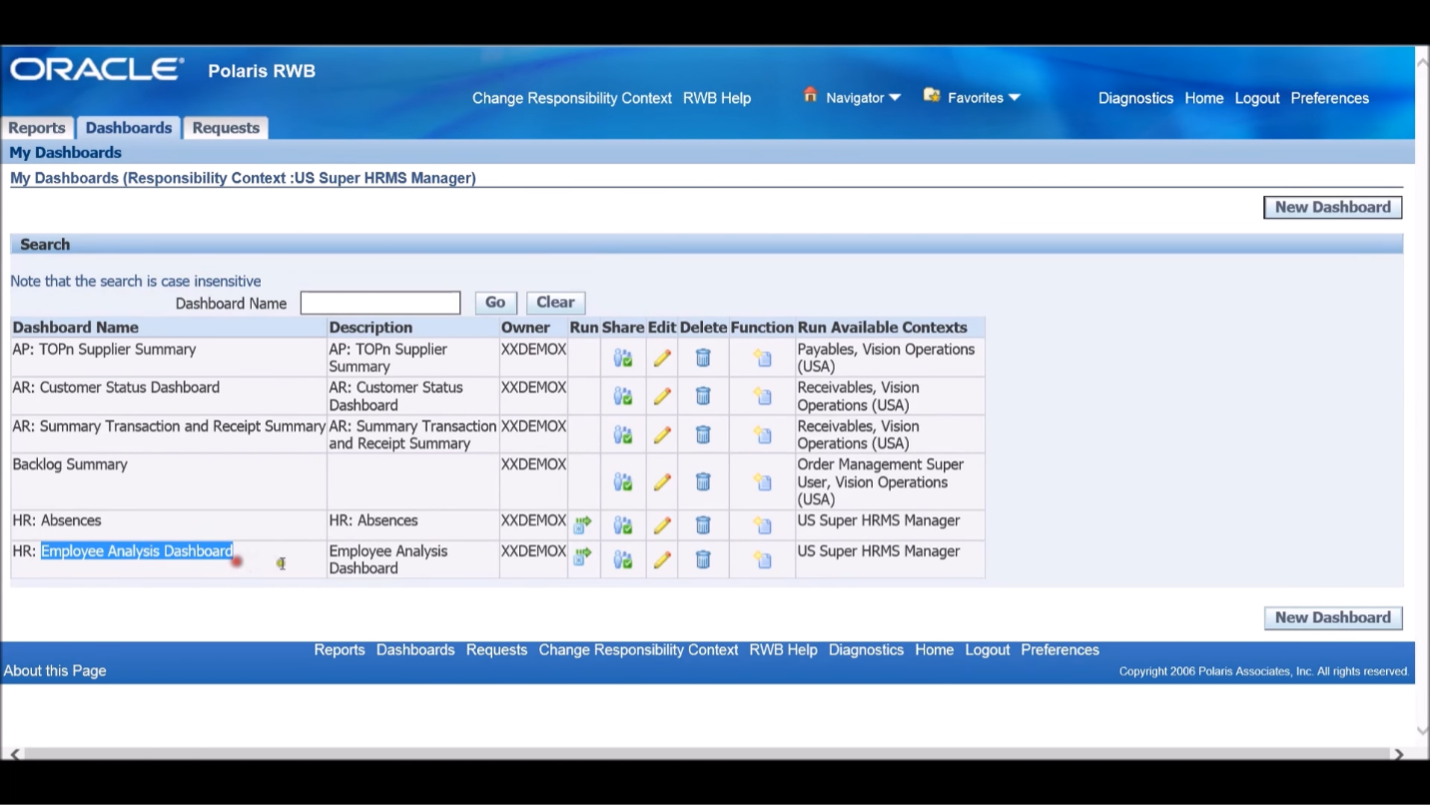
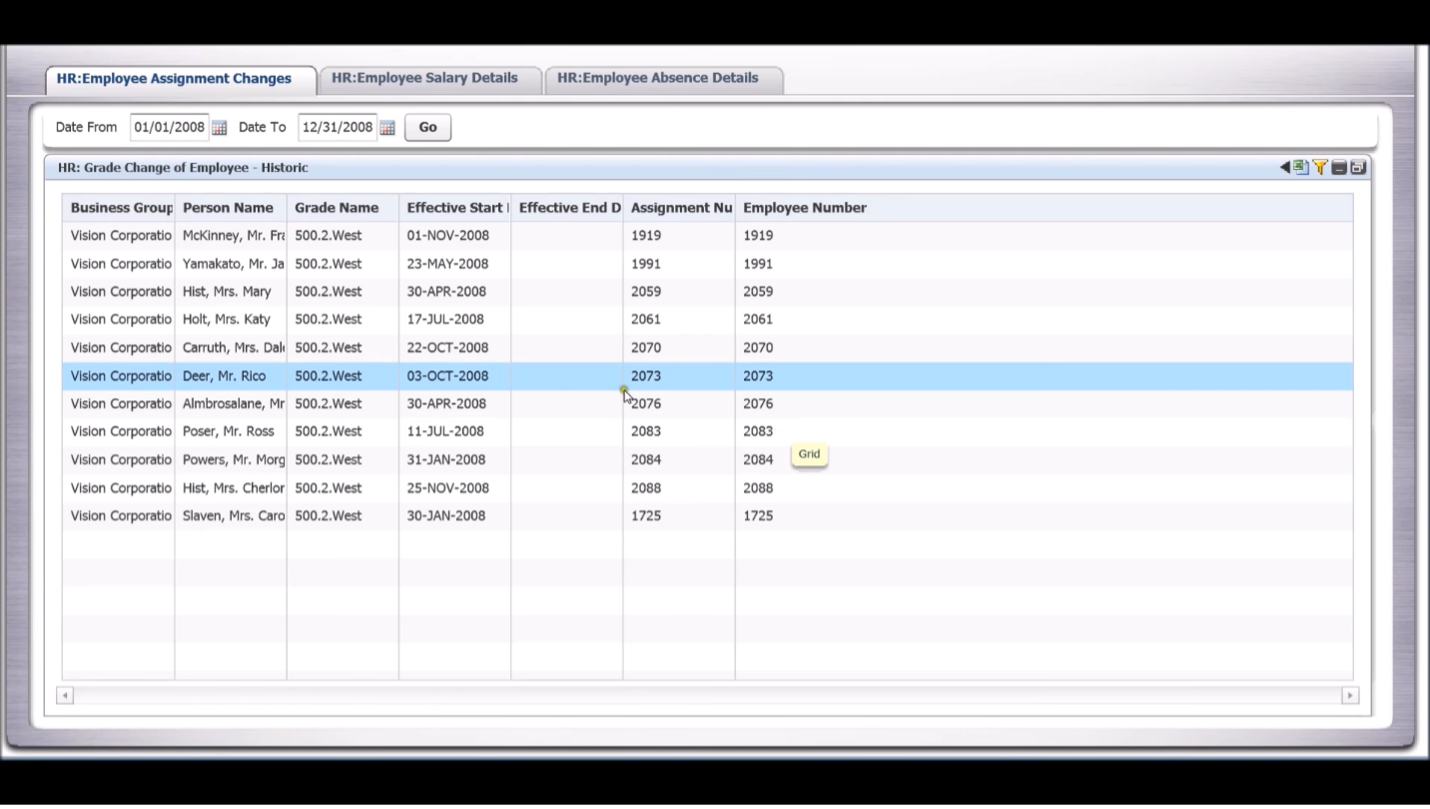
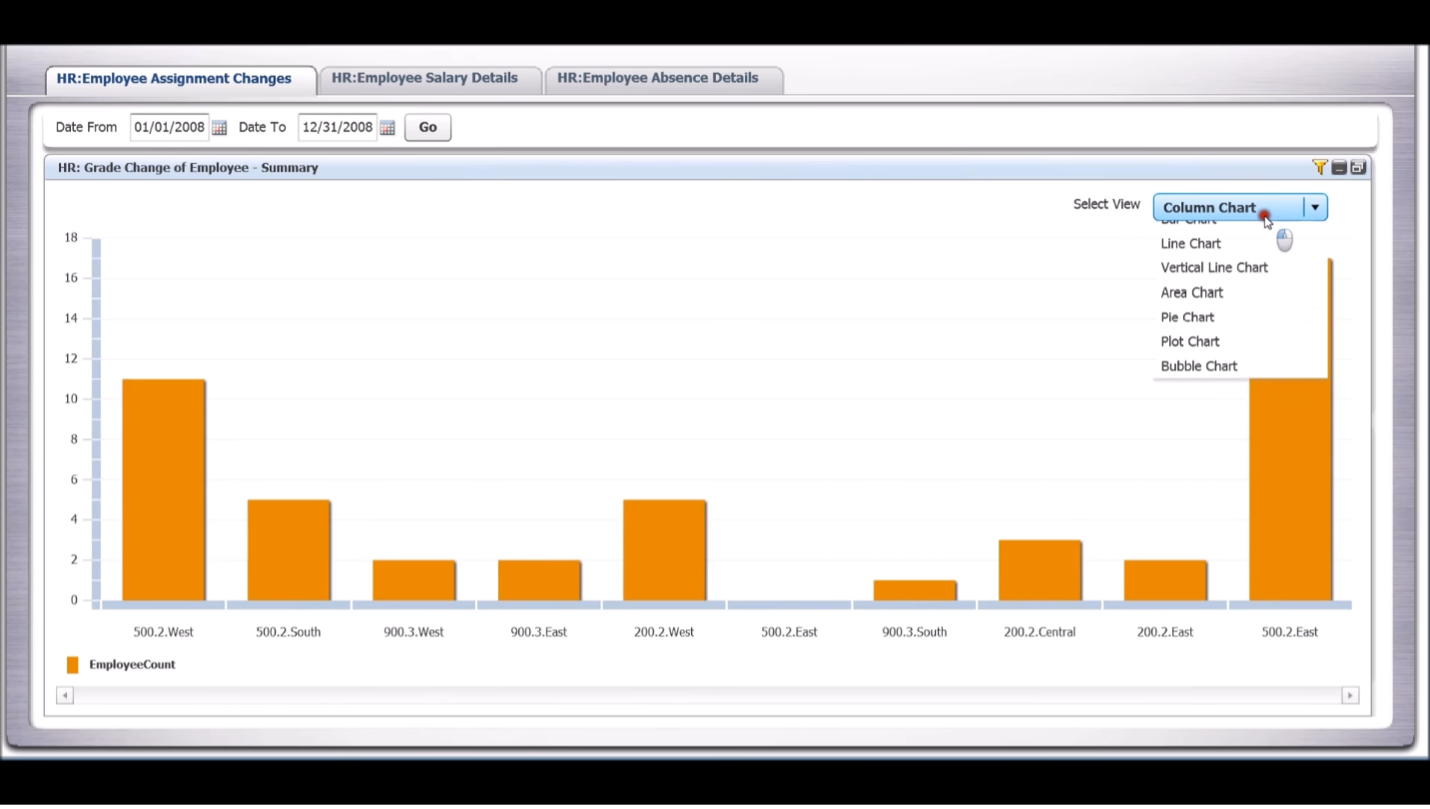
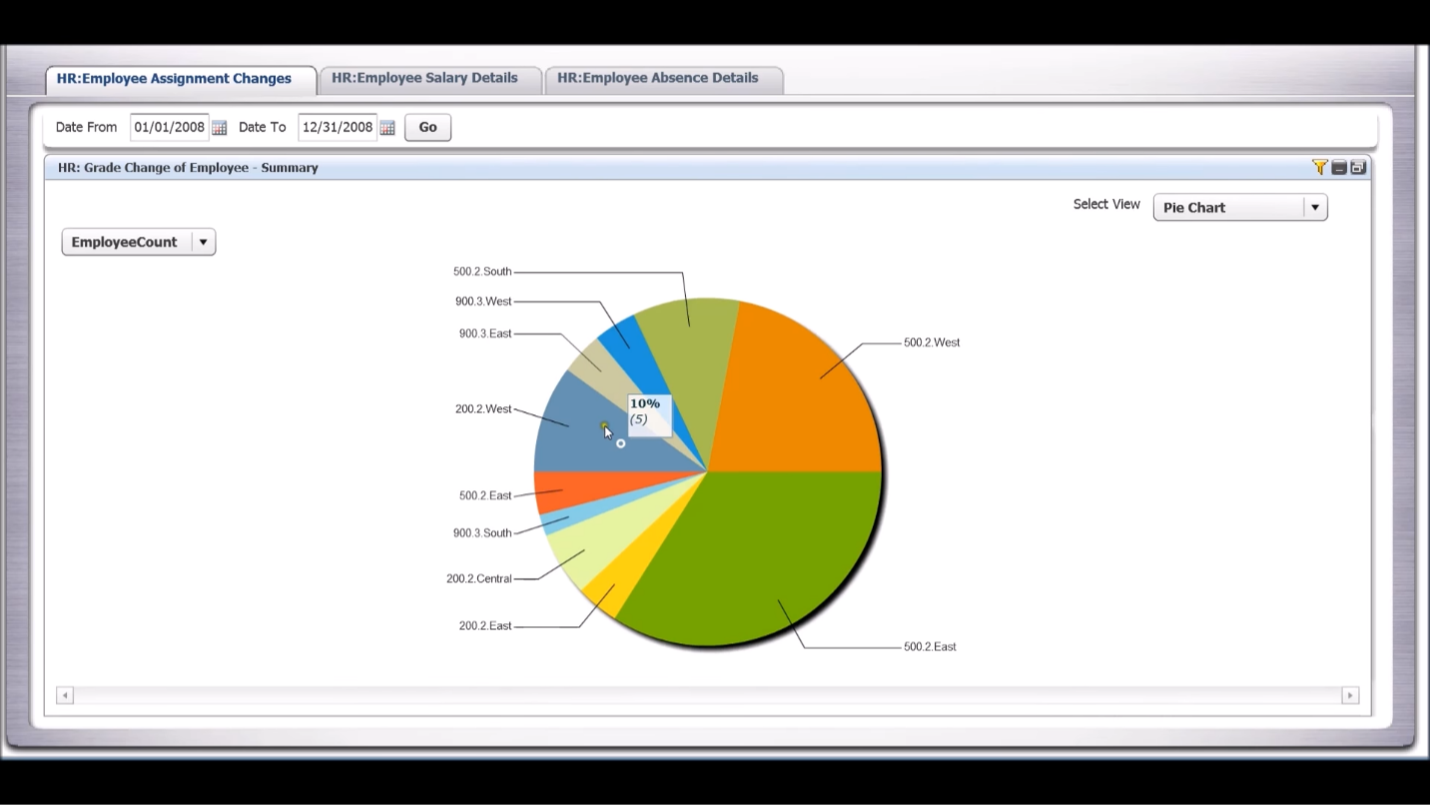
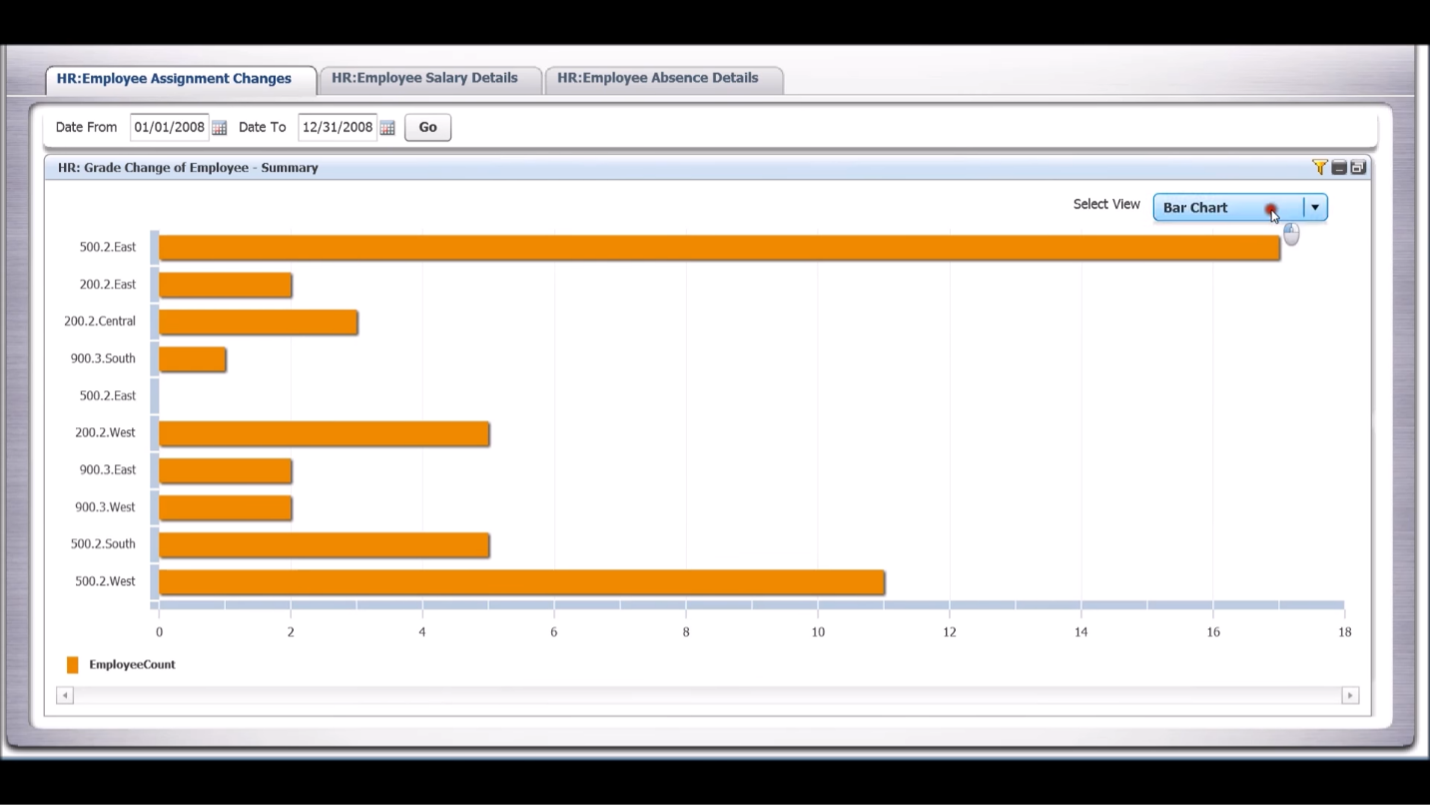





Start Your Oracle E-Business Suite ERP Evaluation
ERP Requirements Document
Compare and evaluate Oracle NetSuite as well as others ERP solutions with our free ERP requirements document checklist. Use our free template to build your own ERP functional and non-functional requirement.
ERP Vendor Selection Criteria Checklist
Start your ERP evaluation process faster by downloading our ERP Software Vendor Selection Criteria Checklist.
Compare ERP Systems
Get 1-1 advice with an ERP Research specialist to help you compare Oracle NetSuite and select the best ERP solution for your business.



